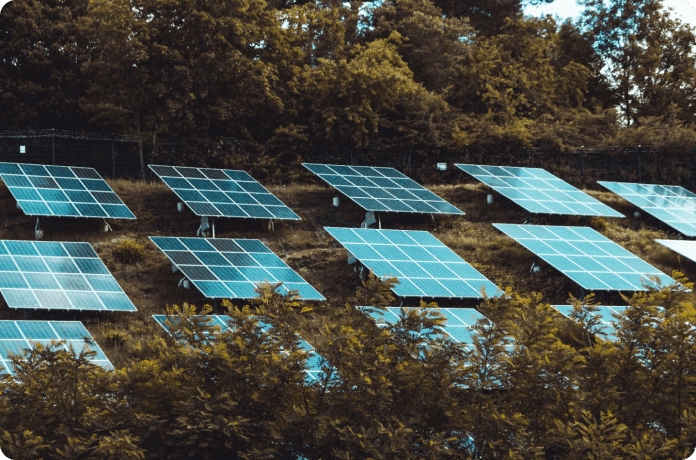Solar energy stands as one of the most promising renewable energy sources of our time. As we face the urgent need to transition away from fossil fuels, solar technology offers a clean, abundant, and increasingly affordable solution for our energy needs.
Solar energy is revolutionizing the way we power our world. In this blog post, we'll delve into the incredible potential of solar technology, its environmental benefits, and how it's shaping a sustainable future. This article will provide you with actionable insights and practical strategies that you can implement to make a positive environmental impact.
Key Takeaways
- Solar panels have become 90% cheaper over the past decade
- Solar energy can reduce carbon emissions by up to 80% compared to fossil fuels
- Modern solar systems can provide energy independence for homes and businesses
The Science Behind Solar Energy
Solar panels work through the photovoltaic effect, converting sunlight directly into electricity. When photons from the sun strike the silicon cells in solar panels, they knock electrons loose, creating an electric current. This process is completely silent, produces no emissions, and requires minimal maintenance once installed.
Environmental Impact and Benefits
Solar energy offers significant environmental advantages over traditional energy sources. A typical residential solar system prevents approximately 3-4 tons of carbon emissions annually, equivalent to planting over 100 trees every year. Additionally, solar panels have a lifespan of 25-30 years, making them a long-term investment in our planet's future.
Economic Advantages of Solar Adoption
The economics of solar energy have transformed dramatically. With federal tax credits, state incentives, and decreasing installation costs, many homeowners see a return on investment within 6-8 years. Beyond personal savings, solar adoption creates jobs and reduces dependence on volatile fossil fuel markets.
🌱 Green Tip
Consider your home's orientation and local climate when planning a solar installation. South-facing roofs with minimal shading typically provide the best energy production.
Moving Forward
Solar energy represents more than just a technological advancement—it's a pathway to energy independence and environmental stewardship. As costs continue to decrease and efficiency improves, solar power is becoming an increasingly attractive option for individuals and businesses committed to sustainable practices.
Remember that sustainability is a continuous journey. Keep learning, adapting, and implementing new green technologies and practices as they become available.


